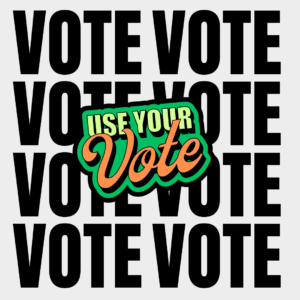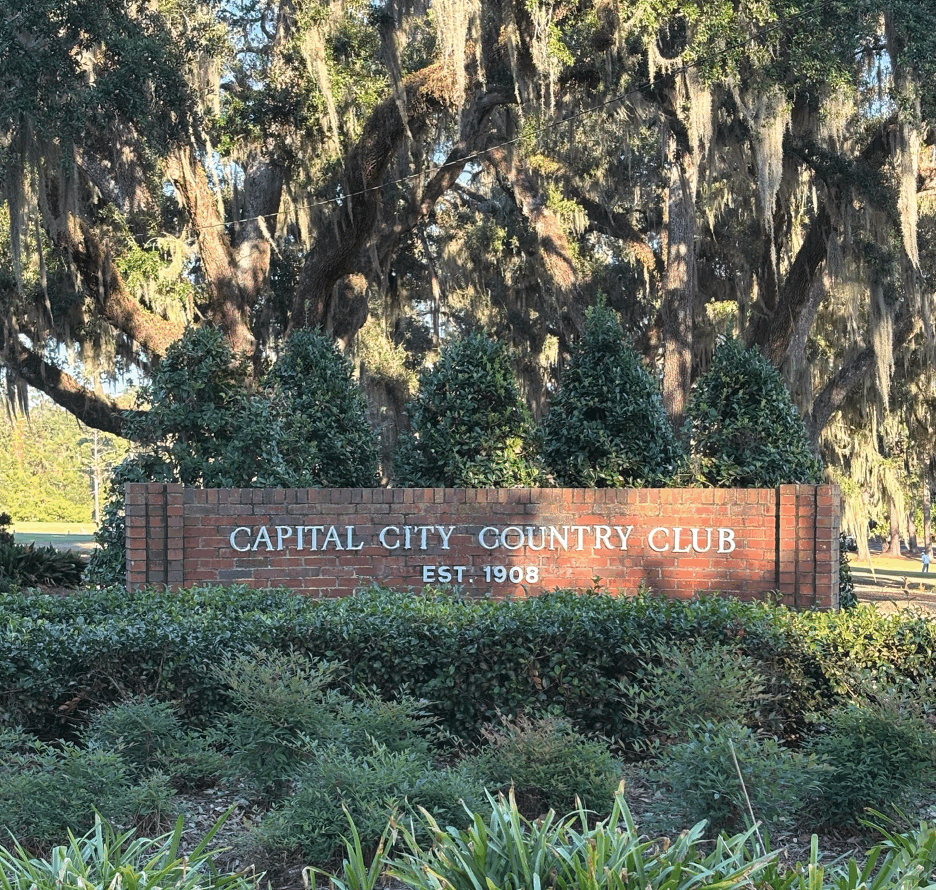With less than two weeks until Election Day, young Black voters are taking center stage in the 2024 presidential race, as Vice President Kamala Harris and Gov. Tim Walz energize this crucial demographic with their HBCU Homecoming Tour, including a stop at Florida A&M University (FAMU) on Nov. 2, 2024.
Significance for FAMU Students
This election holds special significance for FAMU students, particularly with a Black female HBCU graduate in the race. For many on campus, this will be their first time voting in a presidential election, and it’s not just about casting a ballot—it’s about representation, empowerment, and shaping the future. As students prepare to make their voices heard, the election has sparked important conversations about the power of their vote, the issues that matter most, and the urgency of ensuring their presence at the polls.
Trailblazers and Representation
Canva Graphic made by Auriel Patton

The presence of a Black female candidate running for president increases the significance of this moment. Taylor Adams, a third-year broadcast journalism major at FAMU, reflects on how this election resonates with her.
“It’s incredibly empowering to know that someone who was once in the same position I’m in now has been able to sit at tables and achieve things that many people never thought someone like her could,” Adams said. “Kamala is a trailblazer and an HBCU graduate and seeing her achieve such incredible things shows us that we can do the same.”
Student Leaders Mobilizing Peers
Student leaders are taking charge this election season by actively encouraging their peers to vote. Across campus, many organizations have hosted events designed to educate students on the voting process, all to boost voter turnout among FAMU students. Tristan Hutton, a graduating senior majoring in broadcast journalism and the creator of the show Word Around Campus, is one of those leaders motivating his fellow students to engage in the electoral process.
“I tell my team to make sure they vote,” Hutton said. “I let them know the importance of voting and remind them that it was a right Black people had to fight for”.
Hutton’s words reflect the broader sense of responsibility felt by many student leaders, who are using their platforms to both educate and inspire their peers to make their voices heard at the polls.
Empowered Younger Voters
Younger voters are feeling increasingly empowered to make their voices heard in this election. Mycah Barkley, a senior majoring in broadcast journalism, believes this surge in engagement is driven by candidates who resonate with students.
“I think students will be more motivated to vote and actively support her candidacy because she represents them,” Barkley said. “They’ll feel like their voices matter, knowing there’s someone in office who looks like them and understands their experiences.”
Barkley’s insight reflects the powerful connection many students feel when they see themselves represented at the highest levels of leadership—boosting their confidence and encouraging greater civic participation.
Early Voting Efforts
In a testament to this rising engagement, students have begun voting at early voting locations across campus, including the FAMU Student Union. This initiative has not only made it more convenient for students to cast their ballots but has also fostered a sense of community and excitement around the electoral process. With the election approaching, many students find it empowering to participate actively in shaping their future.
The strategic placement of voting sites on campus encourages participation by eliminating barriers such as transportation and time constraints. As students gather to vote, they often engage in discussions about the issues at stake, further enriching their understanding of the electoral landscape. This environment of support and enthusiasm is crucial for first-time voters, as it instills confidence and reinforces the importance of their voices in this pivotal election. The increased accessibility of early voting is a clear reflection of the heightened awareness and commitment among students to ensure their participation in democracy.















